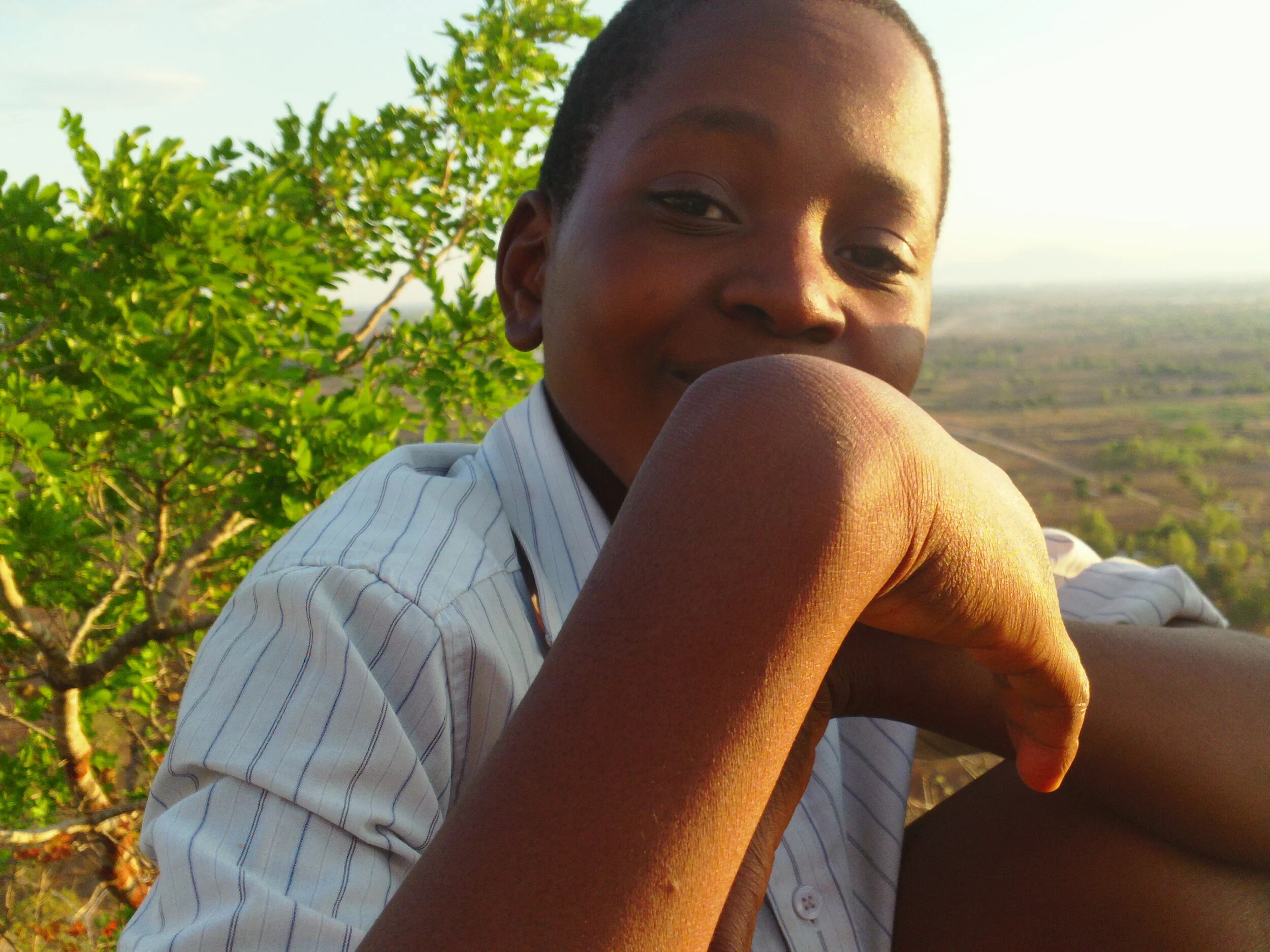do something
Friday, Davie (top), and Charles.
I learned that Friday passed his Malawi School Certificate Examination with 20 points.
6 is the best you can do, and a 42 or higher is a fail. Friday did the best of everyone in his class, and there were a few kids who did well enough to apply to Malawian university: Samuel, Charles, and Davie. Everybody else got low passes and fails. Cameron was one of them. It’s to be expected; he faced a lot of obstacles and distractions. The future isn’t as present in Malawi as it is in America.
But a Malawian college education would still be a huge opportunity for the ones who passed. And tuition is cheap enough — maybe $200 a semester — that I reckoned I could raise enough money to pay for at least the first year. Get their foot in the door and figure the rest out later.
Even though I had good intentions, I didn’t want to assume I knew what was best for these people, so I reached out and asked if they’d like my help. As you can probably imagine, they were thrilled that their old English teacher had come out of the woodwork and offered to help them pay for college. Friday seemed especially honored that I was making good on my promise to help him chase his dream of an American education.
I felt guilty that I was only helping a handful of people —all boys, all naturally intelligent. What about my female students? What about people with HIV or albinism or disabilities? There are so many people who need so much more help.
But I don’t know how to foster gender equality in Malawi. (Or in America, for that matter.) I don’t have the resources to address larger social issues like hunger, disease, or disability. I know how to help kids apply to college, though. So I decided to use my knowledge and energy to give a couple people a hand. In turn, they could go on to support their families and hopefully shape their communities.
You can’t help everyone, I’ve learned. But you can do something. And something is more than nothing.


